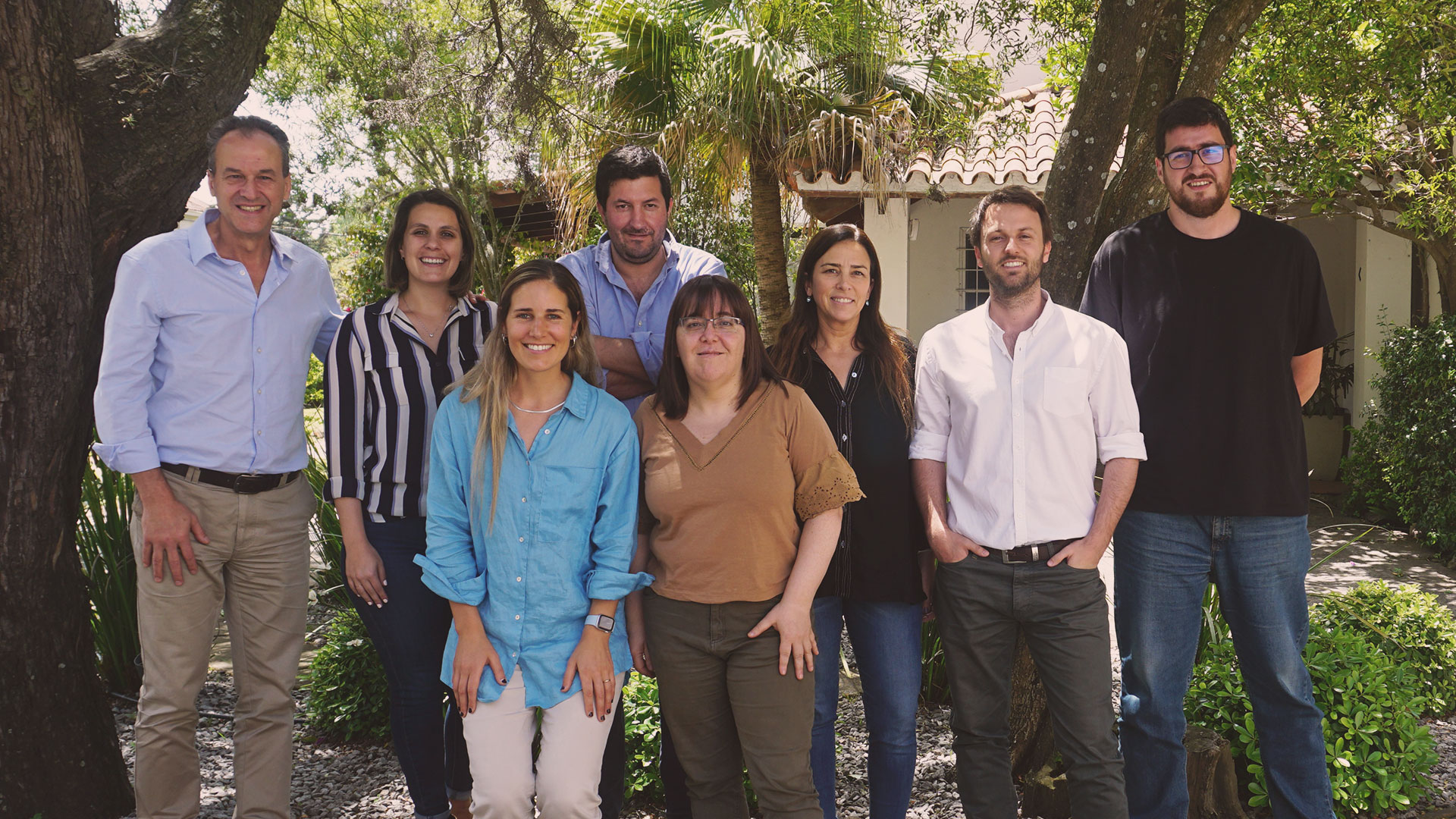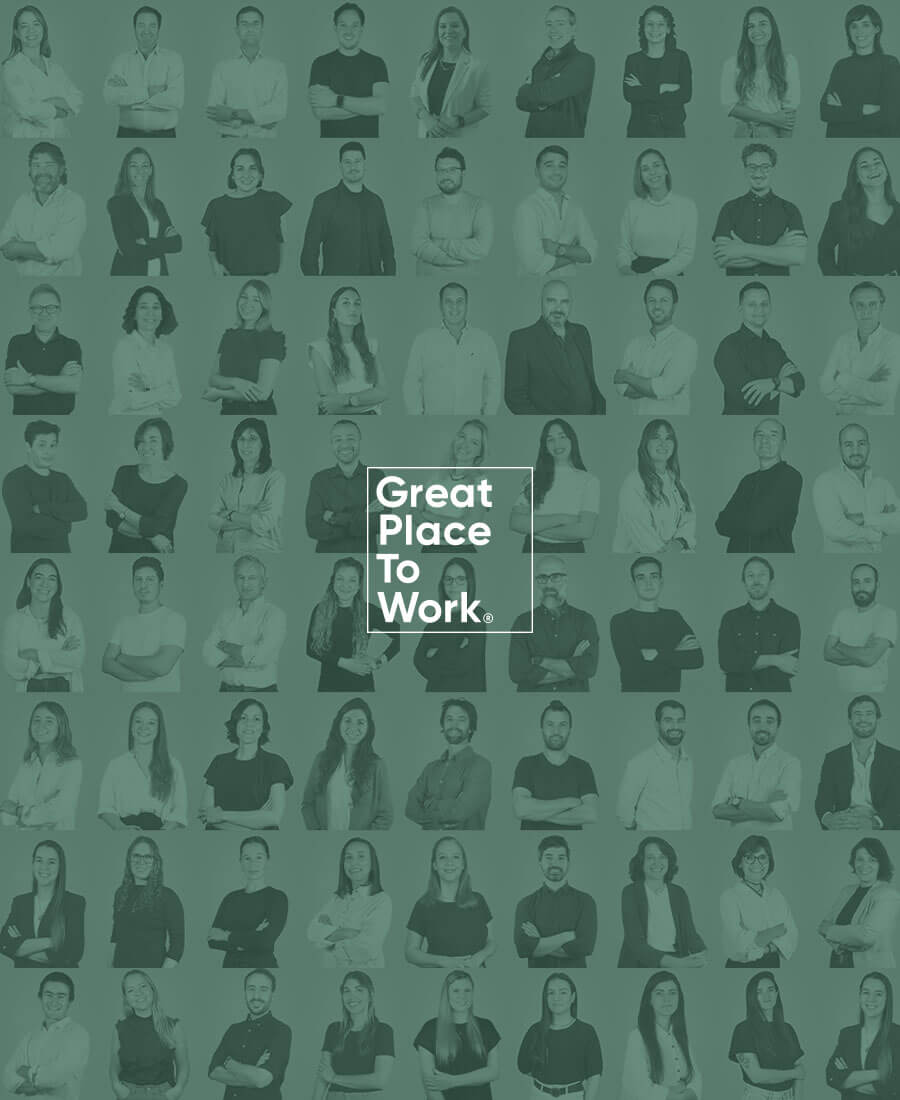Who We Are: Construction Management
Nowadays, the construction and Real Estate development sector faces increasing challenges and complexities due to emerging demands. Investors and developers aim to quickly achieve their goals with more robust projects and adjusted returns. Therefore, the traditional management approach must evolve to meet these new goals.

Reading Time: 5 minutes.
In this new context, the role of the Construction Manager emerges, a professional who carries out a service related to concreting, planning, and distributing all actions performed during the life cycle of a project, coordinating among the different disciplines and teams involved in that cycle, working hard to achieve objectives.
In this note, we share our perspective on the Construction Management area within the Studio, how it integrates with the rest of the areas, and the benefits that the client perceives from this service complementary to the design, execution, and development of each project.
Risks, Times, and Costs
Before the emergence of construction management, the responsibility to comply with the contract of each project—in terms of costs, times, and materials—fell solely on the construction company. This entity was responsible for overseeing the achievement of objectives, documenting the various phases, and coordinating with external actors and suppliers, among other tasks.
In this structure, all decisions and responsibilities were concentrated in the contracting company. As a result, the developer perceived reduced control over the project and had limited capacity to negotiate and supervise. This model often led to delays in delivery dates and an increase in costs due to unexpected changes, adjustments in objectives, and direct management of subcontracts and supplies by construction companies.
Against this backdrop, the role of the manager integrates into the preliminary stages of the project, participating in its development, anticipating the execution modality, and contracting strategies.
The manager focuses on complying with the technical and aesthetic quality standards of the project, acting as a manager who equally considers the budgetary and temporal needs of the client, as well as the fulfillment of the contracts established with the construction company, subcontractors, and suppliers.
Learn more: Construction Management in Architecture and Urbanism
Construction Management focuses on upholding the project's structural integrity, adhering to both technical specifications and aesthetic standards. Meanwhile, Project Management is dedicated to achieving the project's financial and timeline goals.
For reasons of resource efficiency and effectiveness in achieving objectives, a special synergy between both areas is necessary, with very high levels of programming and coordination. At the same time, to maintain a healthy balance between the cost/time objectives and the quality of the project, which at some point may be opposed, it is advisable that Management and Construction Management fall into different areas and people, aligned with the common goal of project success, but with clearly differentiated roles and responsibilities.
Who we are: Construction Management
Due to the increase in complexities and scopes of the projects mentioned above, the role of the area adapts according to the requirements that arise from the first moment the client expresses their willingness to carry out the project.
Starting with the inception and feasibility stage, moving through the execution phase, and ending with the project closure period, Management plays a key role in each of the stages.
From the role of liaison and coordination with public bodies to ensure the viability of the project, to the function of managing the resources provided by the client, Management actively manages costs and meticulously plans the work. Likewise, it carries out the necessary activities for the successful conclusion of the project, without losing sight of the objective of meeting the established cost, time, and quality standards.
In the Studio, the Management area integrates all tasks and activities through 4 main driving processes:
The Launch Process orchestrates all preparatory tasks leading up to the kickoff. Positioned at the very threshold of the project's inception, it seamlessly integrates with the initial study phases. From day one, management and the Project Manager team collaborate closely, streamlining and preempting steps to swiftly transition the project from concept to execution.
The Budgeting and Bidding Process aims to guide the necessary hiring for the start of construction. The management team defines with the Owner the execution modality and contracting strategy. They seek an integral management of all the project contracts, adding value according to strategic needs.
The Management Control and Administration Process focuses on the economic-financial control of the work. It encompasses tasks of administration and monitoring of the project. For the management team, it is essential, since, without this control, the desired objectives would not be achieved.
The Monitoring, Planning, and Coordination of Construction Process seeks to ensure compliance with the production planning and scheduling of deadlines. The goal is to create a plan with all the project actors, considering its complexity. Physical planning of the work is used to establish short, medium, and long-term plans according to the project. Likewise, methodologies such as Last Planner®, a methodology that provides technological tools that facilitate the planning of construction works, are used.
What characterizes a good construction manager?
Sebastián Barreiro, a civil engineer and manager of the area, pointed out: "From the first moment, trust and ethics must permeate every action carried out. A good manager must possess, in the first place, a deep knowledge of the construction industry and direct experience in the execution of projects. In addition, it must establish itself as an efficient interlocutor between the companies involved, the client, and the other areas of the Studio.
Finally, it is essential to have a conciliatory profile, to work intensely oriented to objectives, and to be able to skillfully maneuver among the various requirements and interests of all parties involved in the project. It must have the ability to discern the best solution in the shortest time and at the lowest cost. It is imperative to be an unconditional ally for both the client and the project being managed."
To successfully face the future of the construction and real estate development sector, it is essential to promote synergy, coordination, and orientation towards clear objectives among the actors involved in a project. At Gomez Platero, these challenges are faced with passion from the start, always seeking, through committed and innovative management, to play a decisive role in the realization of projects and in meeting the needs of clients.



